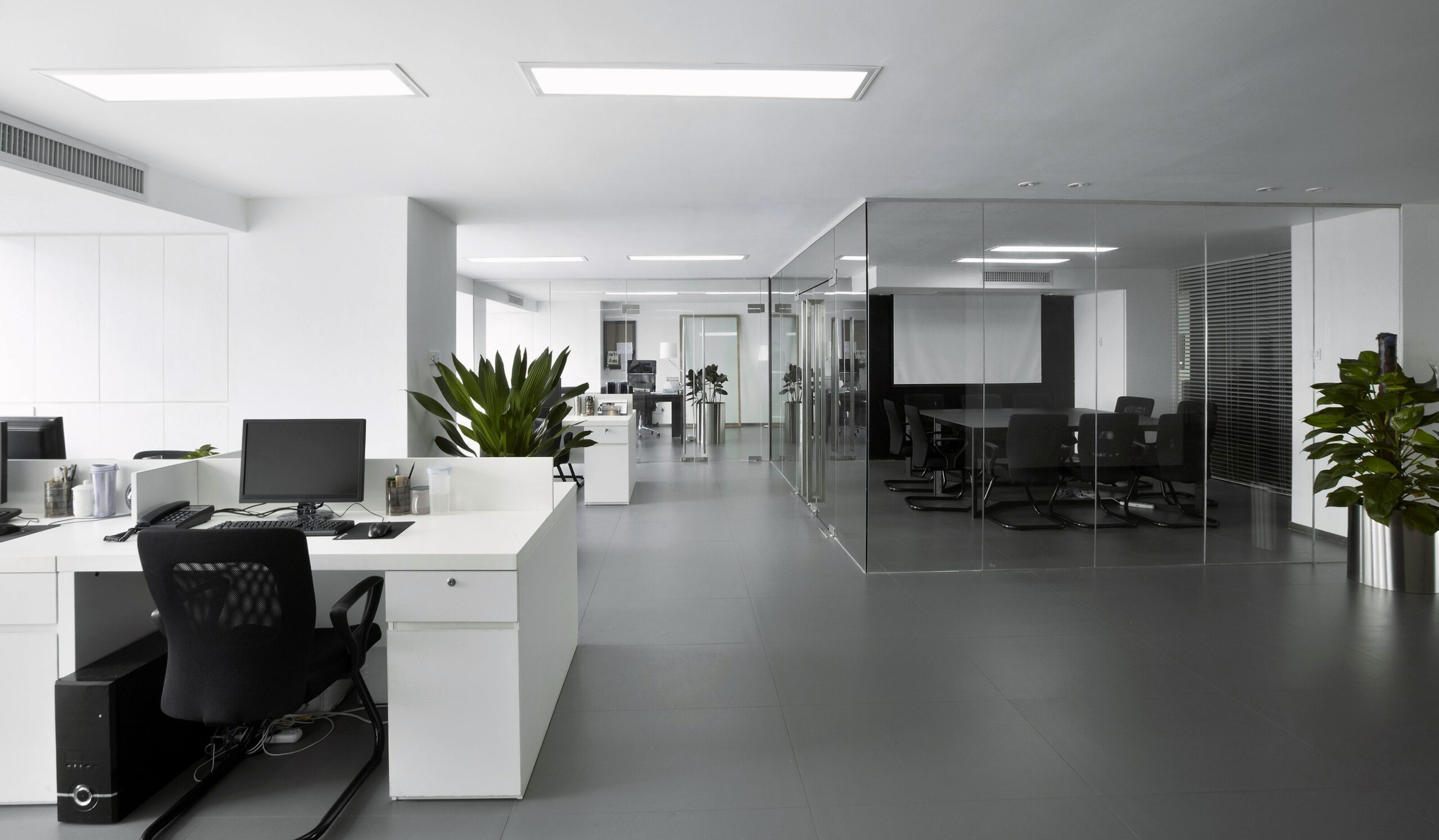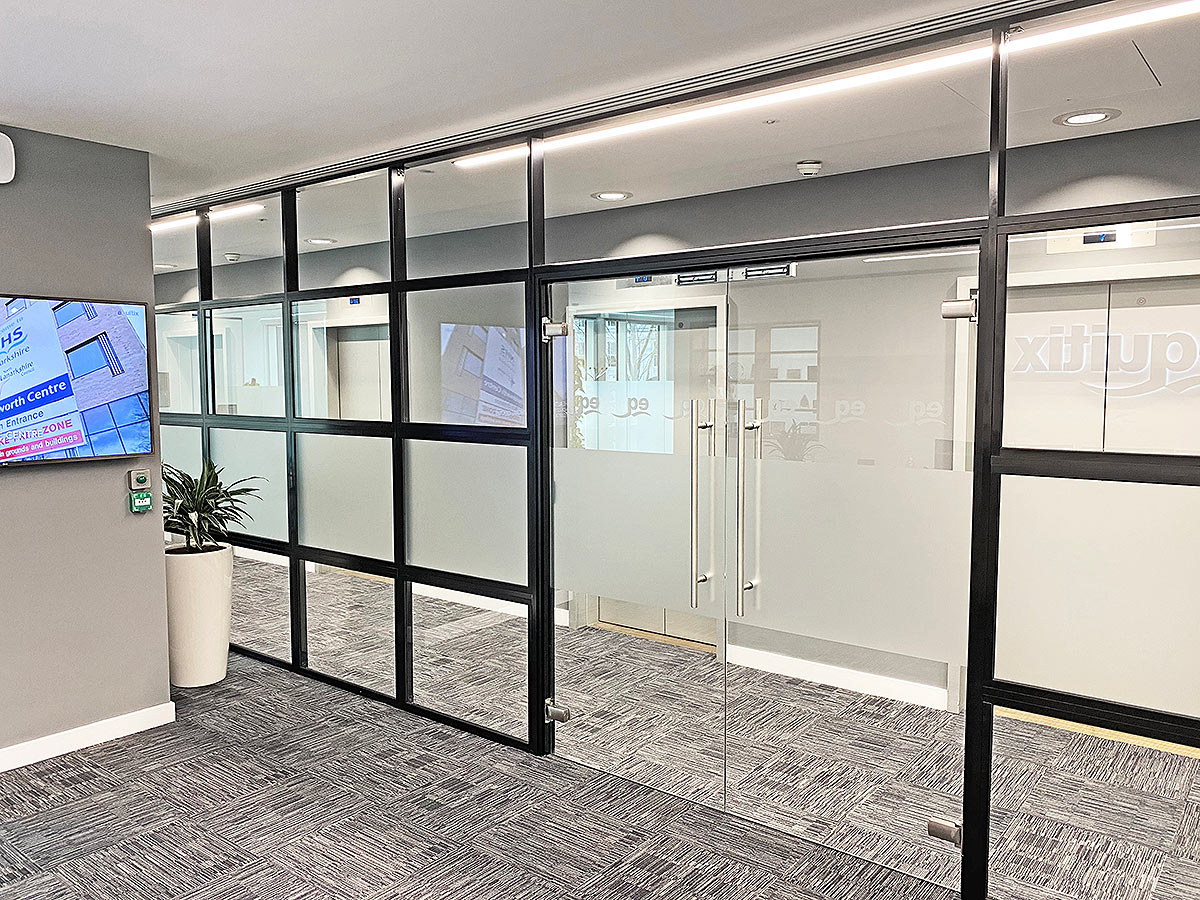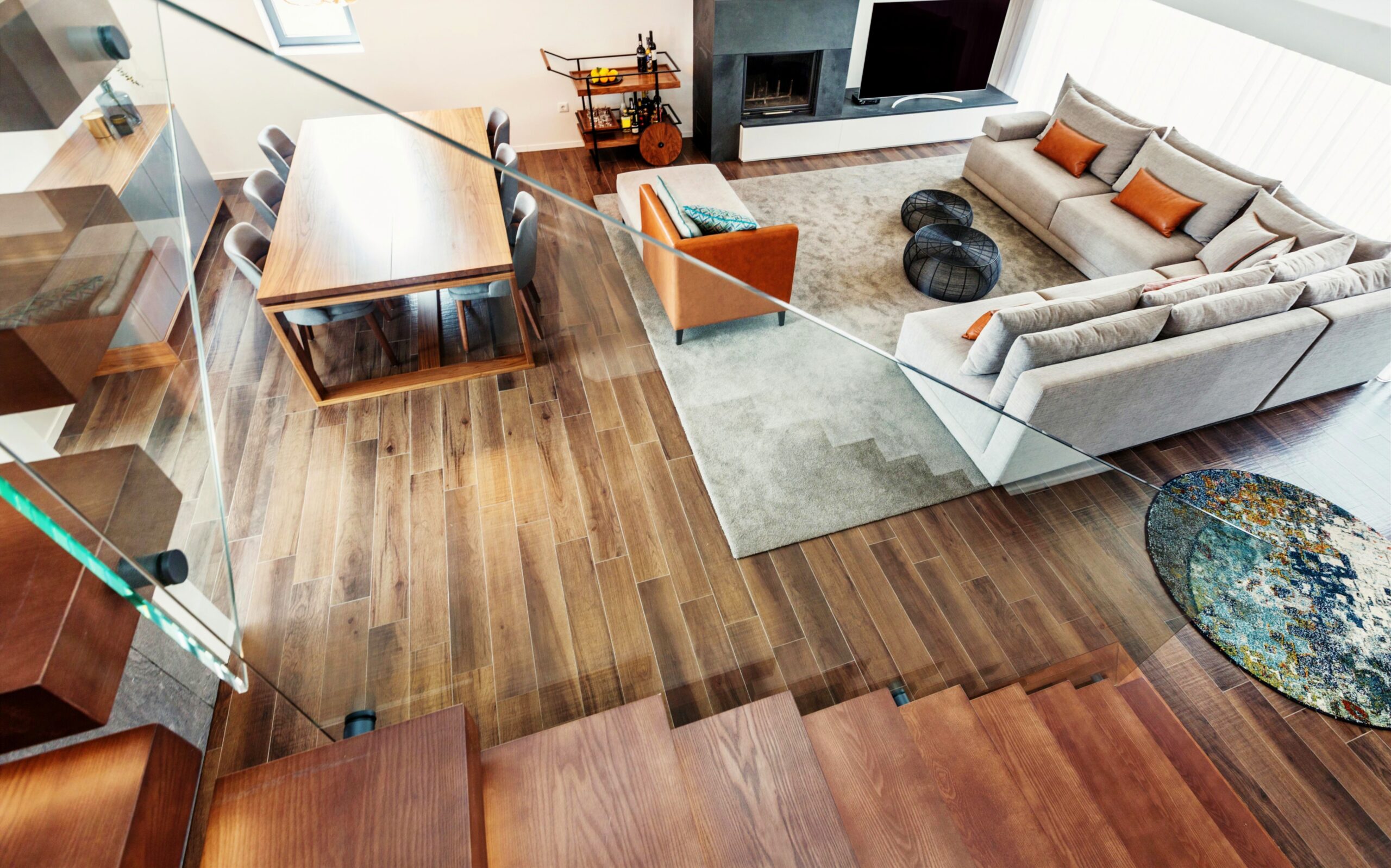How acoustic glass doors can benefit your business
Glass walls and glass doors are a common sight in a wide range of environments, from shops and gyms to schools and corporate headquarters. However, they have more uses than just making places feel larger and brighter in safe and practical ways.
Glass doors can be installed in place of standard doors or as part of glass partition systems, and just like the walls or partitions, they can be designed with acoustic insulation properties. This is especially important for doors, which are typically the weakest link in soundproofing a room due to the fact they have to open and close.
While there are many methods of improving a room’s sound insulation, using acoustic glass doors is the ideal way to do so.
Not only does this reduce the effort and expenses involved, but it also provides a compact and aesthetically appealing solution to the problem of noise pollution, which is pervasive in any commercial or corporate setting.
So, instead of opting for a bulky traditional door when you want to minimise noise spreading between two areas, here’s why a bespoke acoustic glass door would be a much better choice for your business.
Why choose an acoustic glass door?
An acoustic glass door will look exactly like a regular glass door, but it is designed in a certain way to provide a thicker and more sound-absorbing barrier that reduces noise transmission from one side to the other.
Sound waves can travel through a variety of mediums, most easily the air – which means airborne noise vibrations can also pass through thinner barriers like single panes of glass with minimal obstruction.
To reduce sound transmission effectively, the barrier must be able to reflect, absorb, or dissipate the sound vibrations. This is why acoustic doors are manufactured using laminated glass, with multiple layers to disrupt the vibrations and reduce the amount of noise that makes it through to the other side.
Glass acoustic doors are made by sealing two panels of thick glass together into one even thicker panel, bonded in the middle by a transparent layer of insulating material such as polyvinyl butyral (PVB).
The glass remains clear, but the PVB layer helps to absorb and dampen sounds travelling through. These carefully fitted doors can then maintain a more peaceful ambience for work or leisure when closed.
The benefits of acoustic glass doors
Doors are necessary as a way of entering and exiting an enclosed space, but they also allow sound to leak in and out – both around the edges and through the material of the door itself, if it isn’t specifically designed to block sound transfer.
While the toughened glass used in standard glass doors and partitions is strong and safe, acoustic laminated glass is several times more robust, bringing increased insulation. This multi-layer glass comes with the following advantages:
Noise reduction for privacy and comfort
Acoustic glass is designed to insulate against sound transfer, maintaining a comfortable level of ambient noise by muffling conversations on the other side. This allows people to remain focused and keeps information confidential when necessary.
Sound is rated in decibels (dB), with silence being 0dB and loud noises like sirens, jet engines, or live concerts typically reaching above 120dB. Conversational noise is towards the lower middle of these extremes, at around 40dB to 60dB.
While it isn’t completely soundproof, acoustic laminated glass can dramatically reduce noise transfer by up to 57dB. Keeping internal noise to a minimum and improving acoustics in private areas then helps to increase focus and boost productivity.
Not only is this conducive to a calm and professional workspace, but the added insulation can also help with heat retention and temperature control – making staff and visitors feel as comfortable as possible at all times.
Suitable for use in a range of settings
Wherever noise is an issue – whether it’s containing conversations for privacy or reducing external noise pollution – you can replace standard doors with acoustic glass versions to improve their sound-dampening capabilities.
They can be manufactured and installed according to the level of acoustic insulation required for the specific purpose of the space. For example, music recording studios typically need thicker glass and a higher level of ‘soundproofing’.
In most settings, such as commercial or public buildings, a lesser degree of soundproofing is acceptable to simply muffle conversational noise. These doors can be used in settings such as educational or healthcare facilities, transport hubs like train stations and airports, or residential buildings like apartment complexes.
One of the most popular places for installing acoustic glass door systems is office buildings, as they’re especially important for private offices and conference rooms – or even for separating reception areas and waiting rooms from the main office floor.
Combining sleek and professional aesthetics with practical sound resistance, any noise-sensitive environment can benefit from this type of door (as long as the installation complies with building regulations).
Various styles and finishes are available
As mentioned above, it’s possible to choose from a variety of thicknesses and sound reduction levels according to your needs.
Here at Glass Interiors, we offer a range of acoustic doors that can reduce sound transmission up to 45dB, including acoustic sliding doors with a smaller footprint that can reduce noise transfer up to 42dB.
We also provide fire-rated doors that feature even thicker glass for fire safety purposes, which can reduce the transfer of sounds up to 57dB in addition to offering a specified level of fire integrity and heat resistance.
If required, it’s possible to choose partially or fully frosted glass or glass with manifestations. This can improve visual privacy by semi-obscuring the other side of the glass, though light can still pass through.
The framing of the glass door is also important, as the edges must all have appropriate seals to maintain the acoustic rating.
You could choose a single door, double leaf doors, full height doors, or doors with overpanels. On top of the frame design and finish, other considerations with various options include the closing mechanisms and ironmongery.
Whichever custom size and specifications you choose, we’re confident we can deliver unbeatable functionality and aesthetics with our bespoke acoustic glass door systems at Glass Interiors.
Order custom acoustic glass doors
The Glass Interiors team knows how to combine durability and visual appeal to suit every interior or exterior environment, so you can count on us to help you design and install the perfect acoustic glass door system for your individual setting.
Maintaining a sophisticated and organised image with doors that also function as sound reduction barriers has never been simpler than with our attentive team, who will liaise with you and offer tailored support at every stage of the process.
To learn more about our selection of acoustic doors, browse our website or get in touch. You can reach us by ringing 0203 793 5455 to speak to a member of our team, or you can send an email to info@glass-interiors.co.uk and we’ll get back to you.






